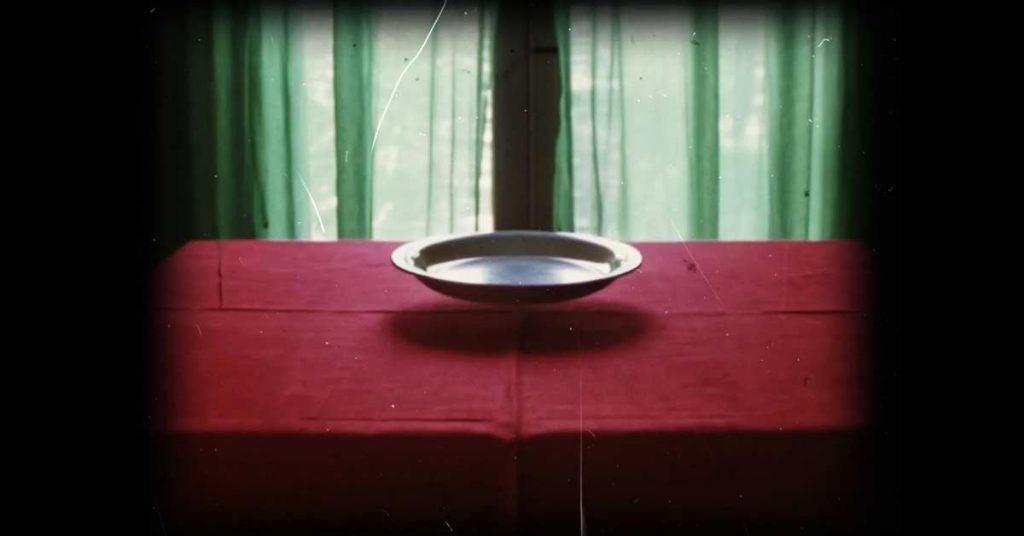“The Visible Trap“
Por Kristine Balduzzi
09/05/1982 is a film that explores, through its very form, the increasingly unstable link between images, memory, and the idea of truth in the age of artificial intelligence. Directors Camilo Restrepo and Jorge Caballero set out to experiment with a question as unsettling as it is urgent: what happens when we allow a machine to fabricate memories, documents, and stories that never existed?
The film presents itself as an imaginary archive, a fictitious timeline made up of AI-generated images that make no attempt to hide their artificial nature. There is no hidden trick: the artifice is laid bare as a warning. Unlike the propaganda or manipulative documentaries of the past, here the lie is not concealed—it becomes the core of the experiment. In a time when every render consumes measurable amounts of energy, water, and resources, 09/05/1982 dares to ask about what cannot be easily measured: the symbolic and political cost of letting algorithms build our collective memories.
The manipulation of images is nothing new: from early propaganda films to the sophistication of mockumentaries, suspicion has always haunted cinema. What changes now is the scale—AI amplifies and democratizes the power to create simulations, allowing anyone to produce false evidence or invent testimony. In response, the film becomes a playful and provocative essay: Restrepo and Caballero make the Lumière brothers’ fascination with light converse with Méliès’ deceptive magic, now translated to the realm of digital synthesis.
Their working method reveals cracks that others might prefer to erase: unfinished faces, glitches, distorted textures. Instead of smoothing them out, the filmmakers highlight them as evidence of imperfect technology disguised as truth. Each flawed image acts as a clue to the machinery behind the simulacrum, reminding us that every screen is also a threshold for ethical questions.
But 09/05/1982 does more than expose technical glitches—it opens a space to reflect on our own gaze. In a stream of images that grows ever harder to verify, the only certainty is doubt. The film offers no easy answers or moral lessons; instead, it proposes a pact with the viewer to keep the question alive. If any archive can be fabricated, how do we distinguish the false from the possible? Perhaps, the film suggests, our last guarantee of authenticity lies in our capacity to see beyond the seductive shine of the surface.
Thus, through fragile images and visual jokes, the film hands the audience an essential task: not to let the algorithm decide what memory should be. Among glitches and echoes of impossible archives, the responsibility to interpret remains with those who watch. In that crack, perhaps, lies the last form of resistance.

Titulo: 09/05/1982
Año: 2025
País: México / España
Director: Camilo Restrepo y Jorge Caballero



